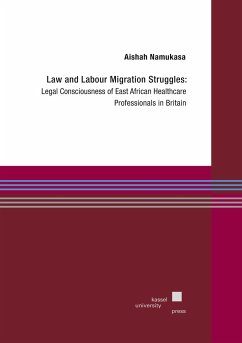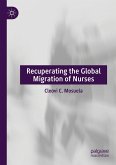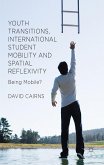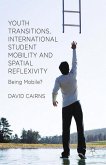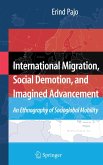The book examines the experiences and struggles of East African Healthcare Professionals in their pursuit for labour market integration in the United Kingdom under the Tiered Points Based System - a labour migration programme. Probing the managed migration policy, migration governance and migrant rights, it provides useful context information on the East African sending states, the United Kingdom and the migration of essential healthcare sector workforce. It critiques the fallacy of relying on strict categories when examining labour migration where migrants performing various roles are classed as highly or low skilled. The interdisciplinary study probes the migration-development nexus and the role of law in shaping migrants' rights experiences. The study is guided by critical theories on law and race. The key findings include tracing the historical evolution of the Points Based System in a racialised context with civic stratification and differentiation practices aimed at non-European migrants. Relying on the socio-legal concept of legal consciousness, the book analyses East African migrant workers' lived experiences with different facets of law under Britain's managed migration policy and their responses thereto. It expounds on migrant workers' strategies of claiming rights and struggles against differentiation practices such as rights restrictions, racialization and manoeuvring precarious legal status. Depending on the available political and legal opportunities including mobilizing and strategic litigation in collaboration with civil society, migrants' rights-claiming involves invoking international human rights norms as part of migrants' circulating transnational legal consciousness. The book concludes with a discussion on migrants' rights claims and organization of lives within the constraints of exclusionary and a times hostile migration policy and legislation.
Bitte wählen Sie Ihr Anliegen aus.
Rechnungen
Retourenschein anfordern
Bestellstatus
Storno

